Ukraine’s president on Sunday called on Israel to take a stronger stand against Russia, delivering an emotional appeal that compared Russia’s invasion of his country to the actions of Nazi Germany.
In a speech to Israeli lawmakers, President Volodymyr Zelenskyy said it was time for Israel, which has emerged as a key mediator between Ukraine and Russia, to finally take sides. He said Israel should follow its Western allies by imposing sanctions and providing arms to Ukraine.
“One can ask for a long time why we can’t accept weapons from you or why Israel didn’t impose sanctions against Russia, why you are not putting pressure on Russian business,” he said. “It is your choice, dear brothers and sisters.”
Zelenskyy, who has carefully catered a series of similar parliamentary speeches to his audiences, made frequent references to the Holocaust as he tried to rally support. The comparisons drew an angry condemnation from Israel’s national Holocaust memorial, which said Zelenskyy was trivializing the Holocaust.
Zelenskyy accused Russian President Vladimir Putin of trying to carry out a “final solution” against Ukraine — using the Nazi term for its planned genocide of 6 million Jews during World War II.
“You remember it and will never forget it for sure,” he said. “But you should hear what is coming from Moscow now. They are saying the same words now: ‘final solution.’ But this time it’s about us, about the Ukrainian question.”
Zelenskyy, who himself is Jewish, also noted that a Russian missile slammed into Babi Yar — the spot of a notorious Nazi massacre in 1941 that now hosts Ukraine’s main Holocaust memorial.
“The people of Israel, you saw how Russian rockets hit Babi Yar. You know what this place means, where the victims of the Holocaust are buried,” he said.
The use of such sensitive language was a clear attempt by Zelenskyy to connect with his audience. Israel was founded in 1948 as a refugee for Jews in the wake of the Holocaust. The country is home to tens of thousands of elderly survivors, and many of its leaders are children of survivors.
Putin has also has sought to paint his enemies in Ukraine as neo-Nazis as he tries to legitimize his war in Ukraine. But historians, noting that Ukraine is a democracy led by a Jewish president, have condemned his use of such terminology as disinformation and a cynical ploy to further the Russian leader’s aims.
Israeli Foreign Minister Yair Lapid, whose late father was a Holocaust survivor, thanked Zelenskyy for the speech.
“We will continue to assist the Ukrainian people as much as we can and we will never turn our backs to the plight of people who know the horrors of war,” Lapid said.
But Yad Vashem, Israel’s national Holocaust memorial, which had previously condemned Putin’s Nazi references, also harshly criticized Zelenskyy, without naming him.
“Propagandist discourse accompanying the current hostilities is saturated with irresponsible statements and completely inaccurate comparisons with Nazi ideology and actions before and during the Holocaust,” it said. “Yad Vashem condemns this trivialization and distortion of the historical facts of the Holocaust.”
The Israeli public has been largely supportive of Ukraine since Russia invaded its western neighbor on Feb. 24. Several thousand people, many holding Ukrainian flags, gathered in a central Tel Aviv square to watch his speech on a large screen.
But Israel’s government has been much more cautious as it carves out a role as a mediator in the war. Prime Minister Naftali Bennett paid a surprise visit to Moscow to meet with Putin on March 5. Since then, he has spoken to the Russian leader at least twice and to Zelenskyy at least six times, according to his office.
While Israel’s foreign minister has strongly condemned the invasion, Bennett has used more tepid language to maintain an air of neutrality.
With large Jewish populations in both Ukraine and Russia, Israel is wary of antagonizing either side. Israel also has good working relations with the Russian military in neighboring Syria — where both sides’ maintain a special hotline to make sure their air forces do not come into conflict.
Israel has delivered tons of humanitarian aid to Ukraine and is set to open a special field hospital in western Ukraine later this week. But it has rejected pleas to provide arms or impose sanctions against Russia or its oligarchs, some of whom are Jewish and have strong ties to Israel.
Zelenskyy said it was time for this to change.
“Everyone in Israel knows that your missile defense is the best. Everyone knows that your weapons are strong, everyone knows that you are great and you know how to defend your national interests, interests of your people and you can definitely help defend ours,” he said.
(AP)

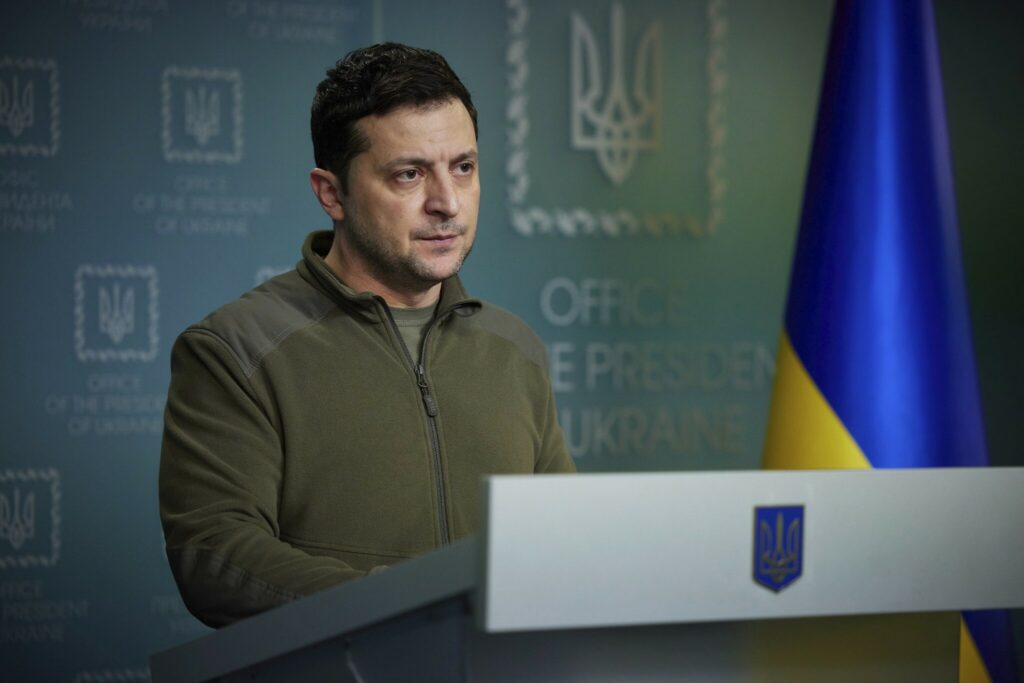
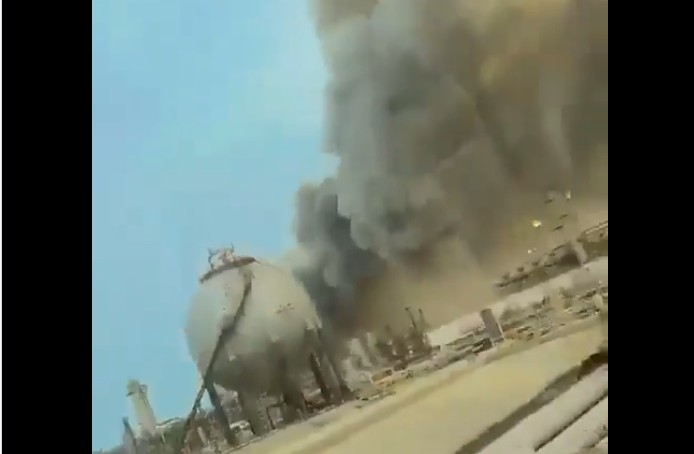
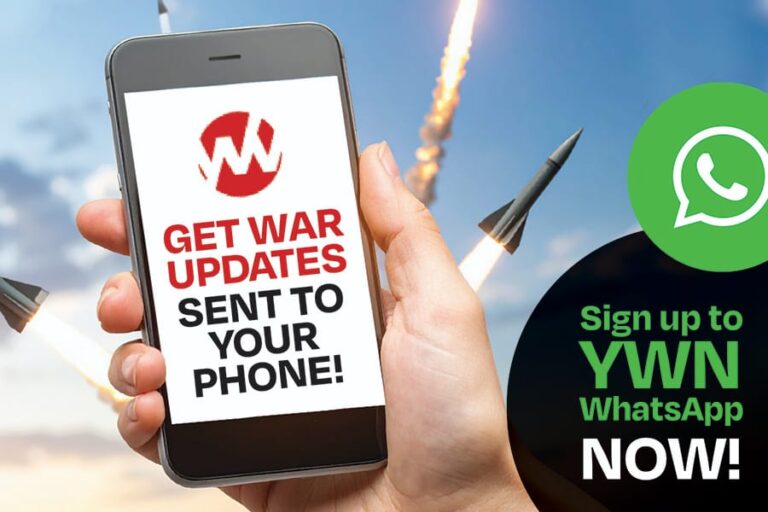
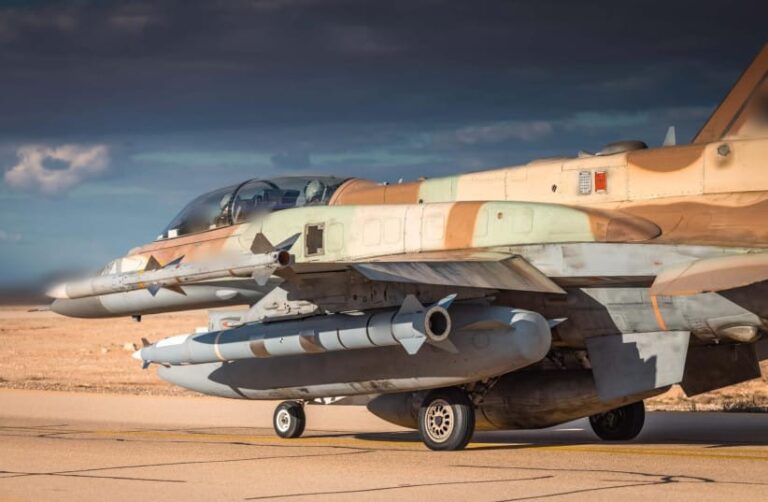
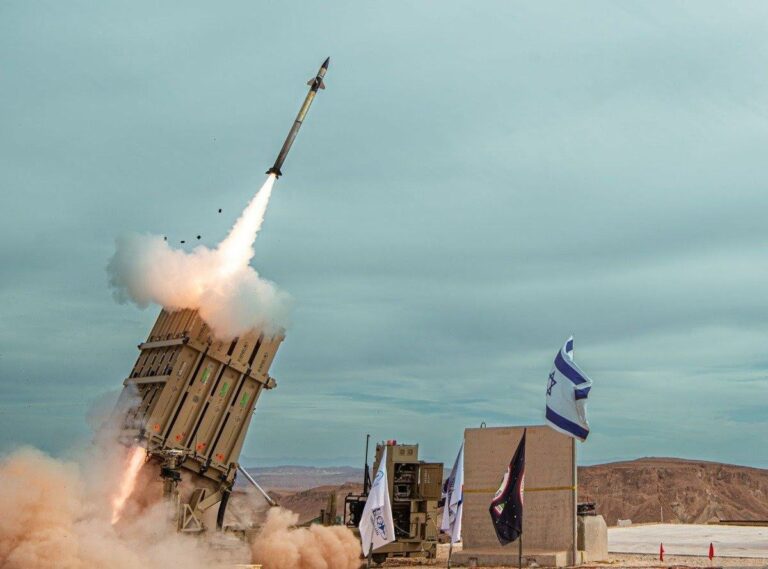
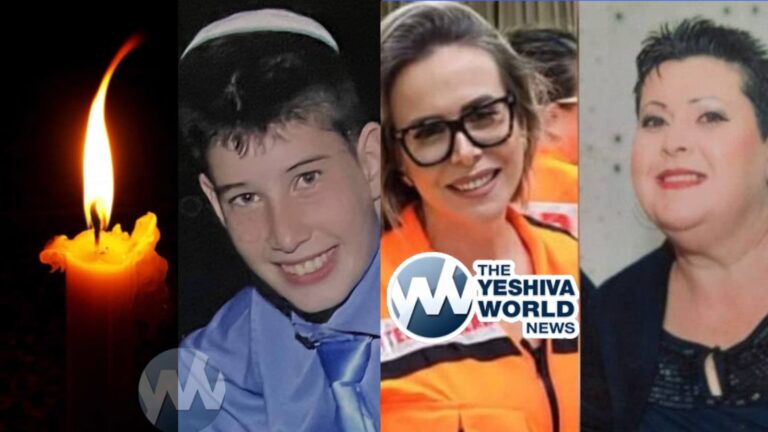
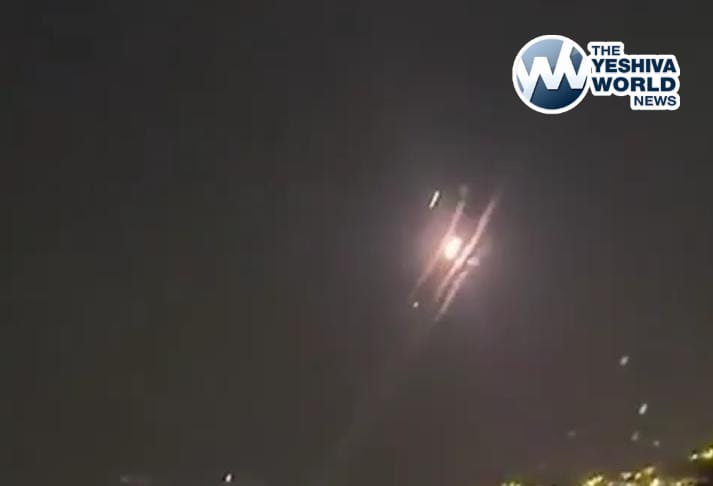
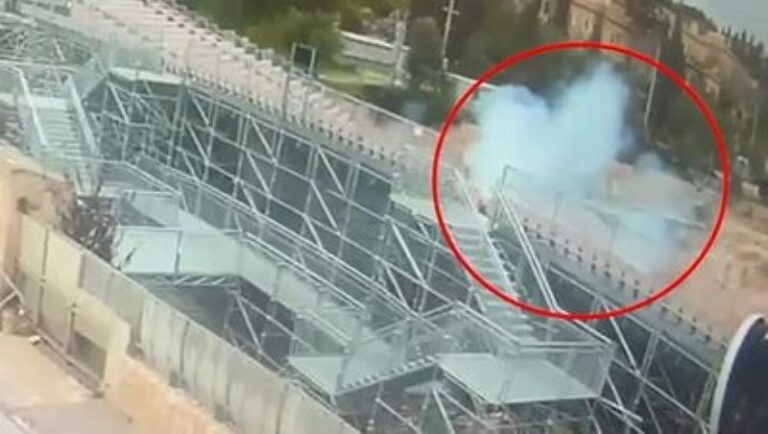
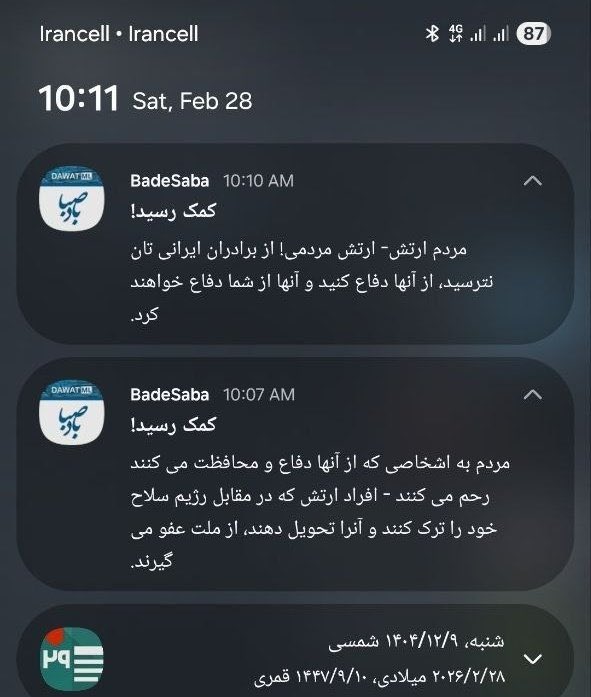
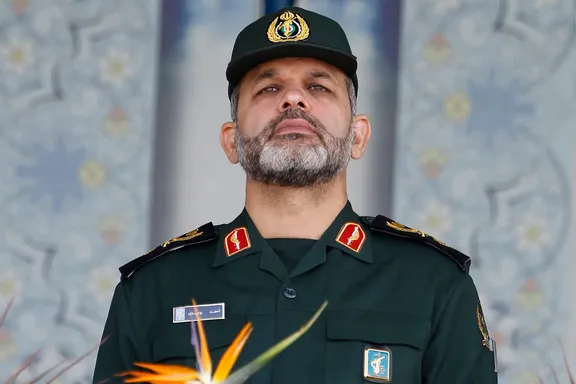
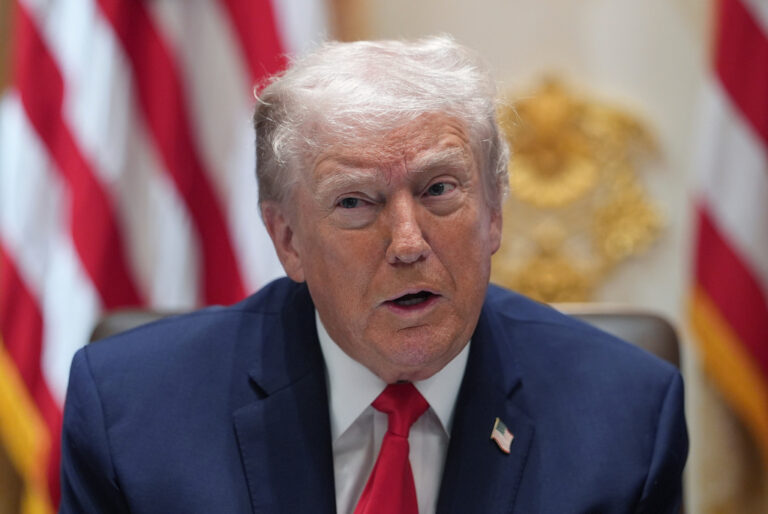
2 Responses
There is sick.. and then there is what this “jewish” man is saying.
Ask him about Schutzmannschaft Battalions 118 and 115!